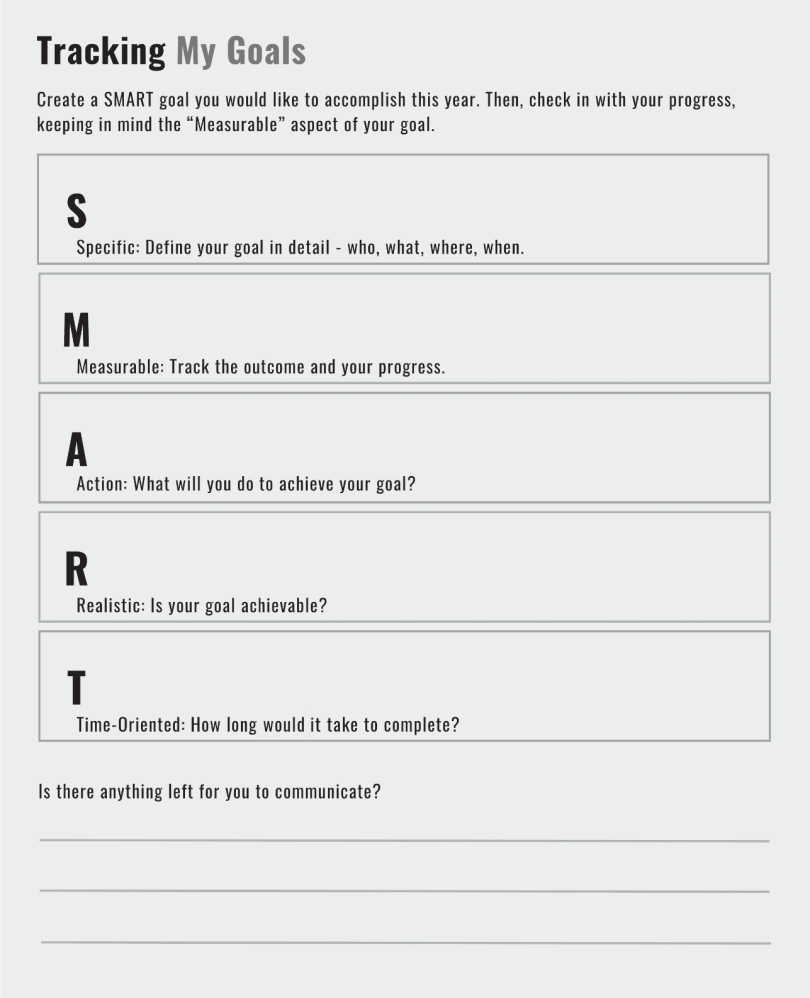Embracing effective delegation is the first key to stepping into a sustainable business, and stepping out of your time-consuming job. The Harvard Business Review stated that one of the most difficult transitions for leaders to make is the shift from doing to leading.
While it may seem difficult, increasing your impact in your business will cause you to face an unavoidable paradox. In order to get to the next level in your build, the rule to remember is this: the who cannot be you. Hopeful and early-stage entrepreneurs typically start with the spirit of “I can do it!” But the traits you needed to start the business are not the same as the ones you’ll need to sustain the business.
If you want to become part of the 9 percent who creates sustainable success in business, instead of asking, “How can I do this?” you must ask, “Who can I get to do this?”
This leadership paradox of being more essential and less involved is required for your continued growth. Staying involved and being essential is not the same any more than being busy and being productive are equal. This concept will require a shift in mindset from being hands-on in every aspect of the work, to strategically empowering others to take on responsibilities and make decisions.
On the surface, this may sound like common sense, but common sense isn’t always common practice. Often we will intellectually understand a concept, but that doesn’t mean we apply it. To complete the first exit, mastering effective delegation is vital. Just know that it’s commonly one of the hardest skills for great entrepreneurs to master.
The fastest way for an entrepreneur to become their own glass ceiling is to refuse to learn how to properly delegate. Delegation is not a sign of weakness; instead, it’s a sign of a strong leader. Here are five tips to effective delegation and how to use this with your team.
4 Exits Every Founder Needs to Make
- Exit the schedule. Exiting the schedule will allow you to work on building the team who builds the product, instead of building the product.
- Exit the team. Exiting the team and stepping into a true chief executive officer role will allow you to work on building the company, instead of building the team.
- Exit as CEO. Exiting from the role of CEO and stepping into the role of board chair (or a similar role) will allow you to provide strategic guidance, instead of managing daily operations.
- Exit control. Exiting control, or your role on the board, while still maintaining ownership of the company will allow you to work on new ventures while still having equity and income.
Tip 1: Define the Desired Outcome
Simply telling someone they are doing a project or task for you isn’t delegation. Handing off work to your team should always come with proper context and clarity as well as why this is important or how it ties to the business’s, the team’s or the department’s goal.
“You’ve got to have real clarity of the objective,” says Harvard Business School professor Kevin Sharer.
Before anyone starts working on a project, they should know what they need to complete and by when, including the metrics you’ll use to measure the success of their work.
Personally, I think one of the easiest and simplest ways to do this is with a SMART goal framework.

Tip 2: Choose the Right Team Members
To effectively delegate as a leader, it’s crucial to match the right task with the right team member. Match tasks with team members based on their strengths, weaknesses and preferences.
For instance, if a task requires collaboration, don’t delegate it to someone who prefers working alone. After identifying tasks for delegation, consider discussing them with your team. Allow team members to choose tasks they’re most interested in.
This approach not only helps in task allocation but also encourages greater engagement, because they’ll feel more empowered and committed to contribute to tasks they specifically find meaningful. In addition, it can increase trust and commitment with your employees and improve productivity, so make sure to pair the right people with tasks that are best suited for them.
Tip 3: Delegate Accountability and Authority
I’m sure you’ve experienced a situation where you were given a task but didn’t feel in control to make decisions on your own. It’s more than frustrating because it can create delays, requires you to seek more assistance and ultimately the task takes longer as a result.
Leaders who struggle to delegate not only tasks but also responsibility may find themselves in a position where they’re constantly having to answer questions, which results in doing more work than necessary.
It’s important to create an environment where the person you delegated the task or responsibility to feels empowered to make decisions, ask questions and take the initiative needed to get the work done. This fosters ownership and autonomy among the team, leading to increased efficiency and productivity.
Tip 4: Give Feedback
Is there anything worse than a leader who blames the employee when something goes wrong? When everything goes right, it’s the team’s success. When everything goes wrong, it’s your fault. Welcome to being a leader!
Don’t make the mistake of this “hit and run” leadership tactic known as delegate and blame. Effective delegation requires you to check the work you delegated, confirm what’s right or correct and provide any feedback on what needs changed or improved when handling the task going forward.
Remember, “check in,” don’t “check out.”
Tip 5: Recognize the Effort
Reward and recognize the behaviors you want to continue. When the person you delegated a task or project to accomplishes the work, show sincere appreciation and always make sure to recognize the specific things they did well.
So often, people go through their lives feeling that their efforts, their value, or their talents are invisible. When you take the simple yet important step of taking note of the things someone on your team did right, you’re helping them become more successful.

Sometimes the smallest things can create significant results — not just in your team, their performance and effectiveness, but it can also create an impact on the person that extends far beyond the workplace.
Now that you’ve mastered effective delegation and successfully exited the schedule, it’s time to exit the team.
Adapted with permission from the publisher, Wiley, from The 9% Edge: The Life-Changing Secrets to Create More Revenue for Your Business and More Freedom For Yourself by Candy Valentino. Copyright © 2025 by John Wiley & Sons, Inc. All rights reserved. This book is available wherever books and eBooks are sold.





